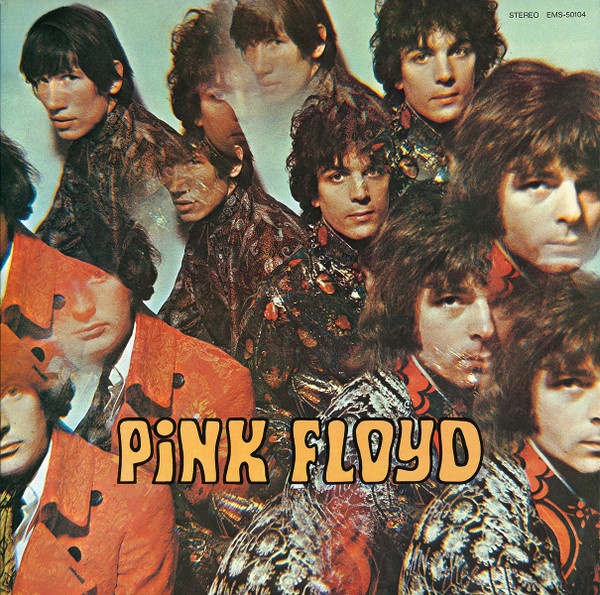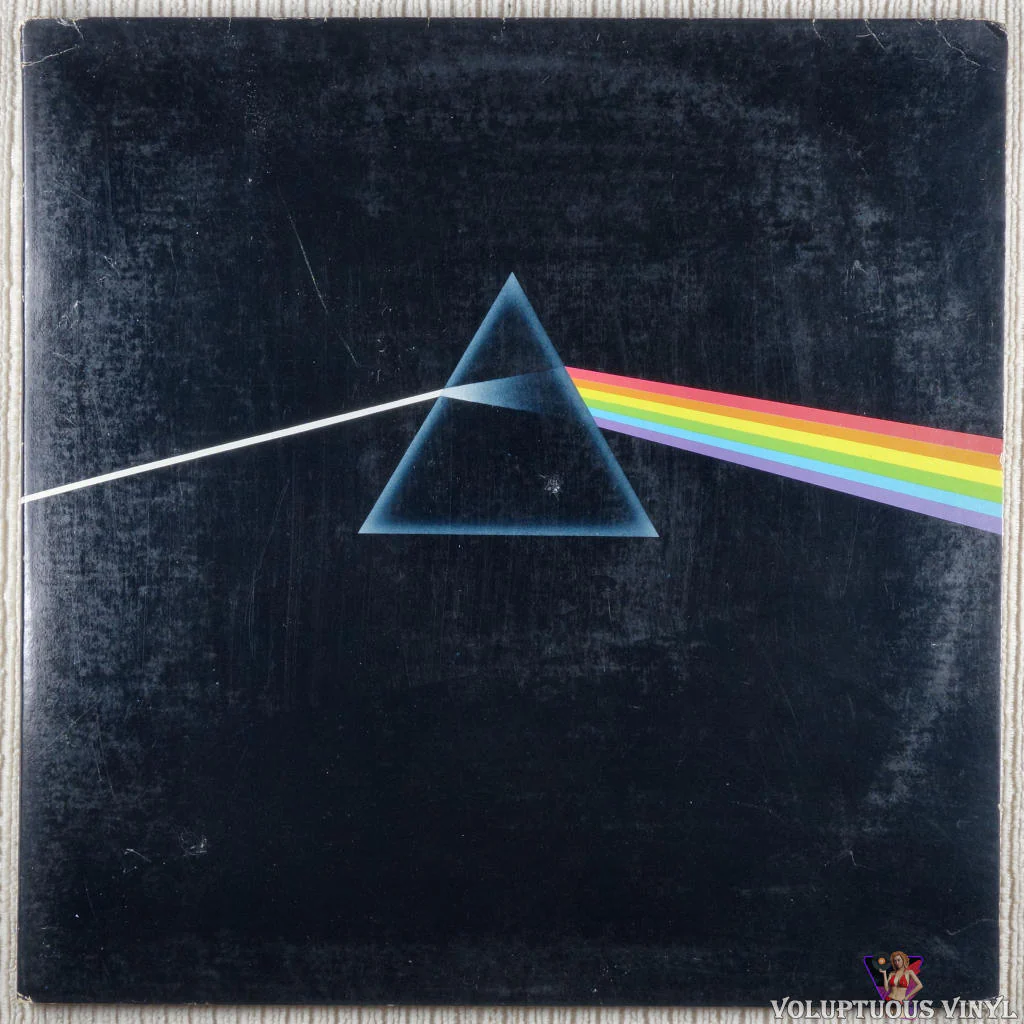The History of Pink Floyd
Early Years (1965-1967)
Pink Floyd was formed in London in 1965, originally consisting of Syd Barrett, Roger Waters, Nick Mason, and Richard Wright. The band's early music was characterized by innovative psychedelic rock, which defined the British counterculture scene. Their first album, *The Piper at the Gates of Dawn* (1967), was a product of Barrett's visionary songwriting and experimental sound. However, due to his declining mental health, Barrett was replaced by David Gilmour in 1968.

The Classic Lineup (1968-1975)
After the addition of David Gilmour, Pink Floyd's sound began to evolve, incorporating more progressive and atmospheric elements. This era is considered the band's golden period, with albums such as *The Dark Side of the Moon* (1973), *Wish You Were Here* (1975), and *Animals* (1977). *The Dark Side of the Moon* became one of the best-selling albums of all time and is still regarded as one of the greatest albums in rock history. The band was also known for their elaborate live shows and visual effects during this time.

The Wall and Beyond (1977-1985)
In 1979, Pink Floyd released *The Wall*, a concept album about the isolation and alienation of a rock star. It was an ambitious project that resulted in the band's first theatrical rock opera. The album produced some of the band's most iconic songs, including "Another Brick in the Wall." Despite internal tensions, including the departure of Waters in 1985, Pink Floyd continued with albums like *A Momentary Lapse of Reason* (1987) and *The Division Bell* (1994), both of which were successful but did not achieve the same critical acclaim as their earlier works.

Later Years and Legacy
After several years of sporadic activity, Pink Floyd reunited in 2005 for a one-off performance at the Live 8 concert. Sadly, in 2008, Richard Wright passed away from cancer, effectively ending the band's active career. However, Pink Floyd's influence on rock music remains undeniable. Their albums continue to inspire new generations, and their work is regarded as some of the most important in the history of popular music.




